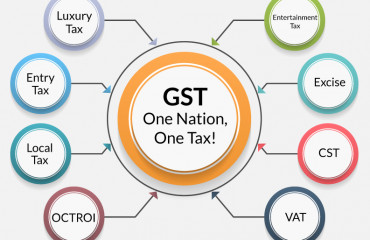
- 20 Oct 2022 06:14 PM
- New
GST Council to meet before mid-November, tax on casino, online gaming on agenda
GST Council is likely to meet in the first half of November to discuss the reports of the panel of ministers on setting up GST appellate tribunal and levy of tax casinos and online gaming, an official said.
Read More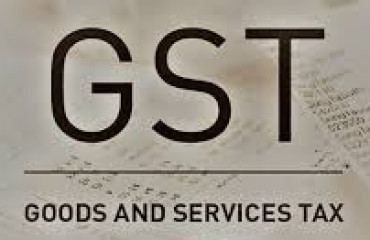
- 18 Oct 2022 06:07 PM
- New
India should consider taxing passenger vehicles based on emissions: Nissan MD
For a cleaner environment, India should consider taxing passenger vehicles based on emissions rather than length and engine size of vehicles, said Nissan Motor India MD Rakesh Srivastava on 18 October.
Read More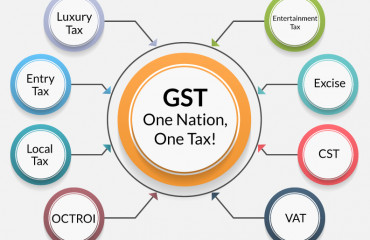
- 17 Oct 2022 06:15 PM
- New
Sale of illegal fire-crackers without invoice – CGST officials bust racket
The Anti-Evasion Branch, CGST Commissionerate Faridabad, Panchkula CGST Zone, received an information that M/s R. P. Enterprises having its registered principal place of business at village-Baghola, District Palwal, Haryana and additional premises at Sihi Gate, Ballabhgarh, Haryana, is engaged in purchase and sale of fire crackers without invoice. Accordingly, the Anti-Evasion Branch, CGST Commissionerate Faridabad, conducted simultaneous searches under Section 67 (2) of the CGST Act, 2017 on the 12th October, 2022, which continued for whole night.
Read More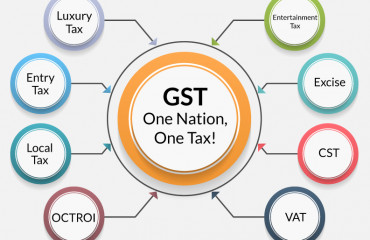
- 14 Oct 2022 05:30 PM
Overtaxing online gaming will favour grey operators
Five years ago, not even the staunchest believers of India’s online gaming success story could have predicted that by 2022, this industry would be entertaining over 200 million people, generating over $2 billion in revenues and be worth over $20 billion. Similarly, it is hard to foresee today that by 2030, Indian online gaming companies could be generating over $25 billion in revenues and offering India’s most dominant form of entertainment after cricket. Achieving this dream, however, would require more than just entrepreneurial spirit, of which there is no dearth in the country. It would require the right policy framework that gives operators an opportunity to innovate, protects users from operator and self-abuse, and maximizes tax revenues without hurting the industry’s growth and innovation.
Read More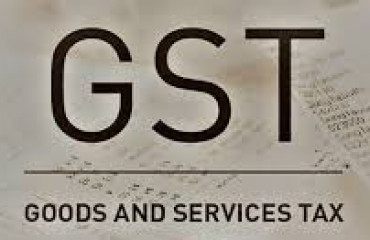
- 14 Oct 2022 05:36 PM
E-way bills shoot up to record high
Source: https://www.livemint.com/economy/eway-bills-shoot-up-to-record-high-11665683316341.html
NEW DELHI : Electronic permits for transporting goods within and across states (e-way bills) shot up to a record high of over 84 million in September, signalling a strong boost to economic activity in the festive season.
Read More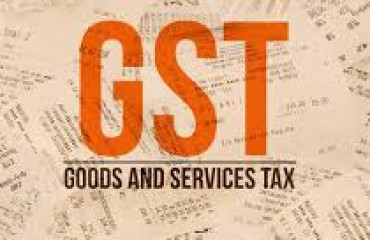
- 14 Oct 2022 05:40 PM
Cess on coal gasification may be waived
Source: https://www.livemint.com/industry/energy/cess-on-coal-gasification-may-be-waived-11665688603535.html
NEW DELHI : In a bid to boost coal gasification—a cleaner way to use coal—the government is considering waiving the GST compensation cess of ₹400 per tonne of coal used for the purpose.
Read More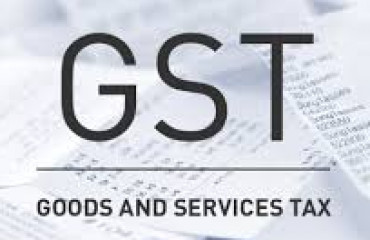
- 14 Oct 2022 05:43 PM
18% GST on Paratha! Kejriwal says, 'Even Britishers did not tax food'
Delhi Chief Minister Arvind Kejriwal has taken a swipe at the ruling Bharatiya Janata Party (BJP) as Gujarat’s Appellate Authority for Advance Ruling (AAAR) has decided to impose 18% GST on packaged paratha.
Read More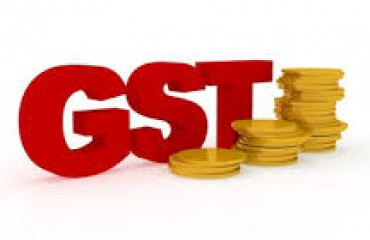
- 14 Oct 2022 05:52 PM
Webinar on Recent critical developments in GST & Customs
Source: https://taxguru.in/goods-and-service-tax/webinar-critical-developments-gst-customs.html
Webinar on ‘GST & CUSTOMS – Recent critical developments & way forward for Industry October 2022’
Read More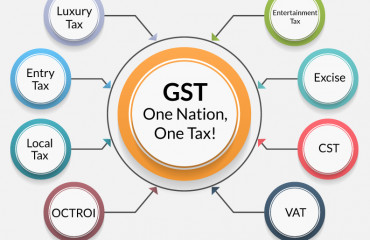
- 14 Oct 2022 05:56 PM
GST Council Newsletter for the month of September 2022
Source: https://taxguru.in/goods-and-service-tax/gst-council-newsletter-month-september-2022.html
The gross GST revenue collected in the month of September, 2022 is ₹1,47,686 crore of which CGST is ₹25,271 crore, SGST is ₹31,813 crore, IGST is ₹80,464crore (including ₹41,215 crore collected on import of goods) and Cess is ₹10,137 crore (including ₹ 856 crore collected on import of goods).
Read More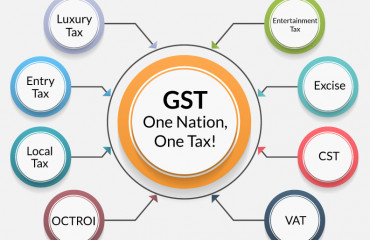
- 11 Oct 2022 05:29 PM
GST Appellate Tribunals: Can it reduce the problem of pending cases?
As per the current construct, GSTAT can hear matters in an appeal against the orders passed by the GST appellate authority or revisional authority.
At a time when GST audits by the tax officers are in full swing and controversies are brewing, these Tribunals could be a lifesaver.